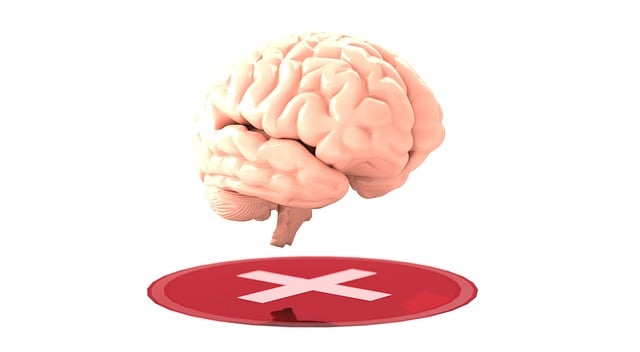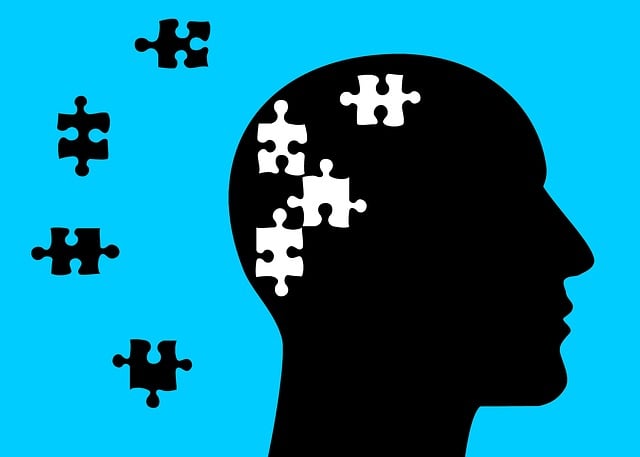In diverse Boulder, CO, mental healthcare professionals must navigate cultural sensitivity to meet the needs of various clients, especially those seeking treatment for workplace issues and job stress. They do this by understanding unique cultural beliefs, values, and practices that impact help-seeking behaviors and treatment preferences. By tailoring communication strategies and fostering open dialogue, therapists build trust and improve mental health outcomes. Overcoming language barriers, acculturation stress, and cultural misunderstandings is crucial through continuous learning, empathy, and evidence-based approaches. Inclusive environments, staff education, and community outreach programs enhance therapy effectiveness and prevent depression, benefiting both clients and healthcare providers in Boulder.
In today’s diverse society, cultural sensitivity is paramount in mental healthcare. Understanding cultural diversity shapes effective treatment strategies, leading to improved patient outcomes. This article explores the impact of cultural nuances on mental health, providing insights into navigating therapeutic barriers. We delve into specific strategies for providers, highlighting inclusive practices to foster welcoming environments. By addressing Boulder workplace issues and job stress therapy, we aim to revolutionize mental healthcare, ensuring sensitive and transformative experiences for all clients.
- Understanding Cultural Diversity and Its Impact on Mental Health
- Sensitivity in Clinical Practice: Strategies for Effective Treatment
- Navigating Cultural Barriers: Common Challenges in Therapy Sessions
- Fostering Inclusive Environments: Workplace Implications for Mental Healthcare Providers
Understanding Cultural Diversity and Its Impact on Mental Health

In today’s diverse society, mental healthcare professionals must embrace cultural sensitivity to provide effective treatment for a broad range of clients. Understanding cultural diversity goes beyond basic demographics; it involves recognizing and appreciating the unique beliefs, values, and practices that shape individuals’ lives. This is particularly relevant in Boulder, where workplace issues and job stress therapy are common requests, reflecting the dynamic yet challenging nature of the local workforce.
Cultural diversity impacts mental health significantly. Different cultural groups may have distinct conceptions of health, illness, and healing, influencing help-seeking behaviors and treatment preferences. For instance, some communities prioritize collective support over individual therapy, while others may be more comfortable with alternative or complementary treatments. By incorporating awareness of these variations, therapists can tailor their communication strategies (including Crisis Intervention Guidance) and conflict resolution techniques (as suggested by the Boulder Workplace Issues and Job Stress Therapy trends). Effective cultural sensitivity fosters open dialogue, enhances trust, and ultimately improves mental health outcomes for all clients.
Sensitivity in Clinical Practice: Strategies for Effective Treatment

In the realm of mental healthcare, cultural sensitivity is paramount to ensuring effective treatment and fostering a safe environment for all clients. Therapists in Boulder, CO, often encounter diverse populations with unique backgrounds, experiences, and belief systems. To provide high-quality care, professionals must be adept at navigating these complexities, demonstrating empathy, and tailoring their approaches accordingly. Sensitivity in clinical practice involves actively listening to patients’ stories, understanding cultural norms, and incorporating clients’ perspectives into the therapeutic process.
When addressing workplace issues and job stress, for instance, a culturally sensitive approach can significantly impact the outcomes of therapy. Therapists should promote resilience building through self-care practices tailored to each individual’s needs and cultural context. Moreover, crisis intervention guidance that respects cultural boundaries and values can prevent escalation and foster positive client outcomes. By embracing these strategies, mental health professionals in Boulder Workplace Issues and Job Stress Therapy can offer inclusive care, enhancing the overall effectiveness of their practice.
Navigating Cultural Barriers: Common Challenges in Therapy Sessions

Navigating Cultural Barriers: Common Challenges in Therapy Sessions
When providing mental healthcare, especially in diverse communities like Boulder, therapists often encounter cultural barriers that can impact treatment effectiveness. These barriers may stem from language differences, where communication is hindered by a language other than the therapist’s or client’s primary tongue. Acculturation stress, experienced by individuals adapting to a new cultural environment, is another significant challenge. Immigrants and refugees, for instance, might struggle with feelings of isolation, loss, and confusion, which can complicate therapy sessions. Cultural misunderstandings and assumptions can also arise, leading to miscommunication and mistrust between the therapist and client.
Additionally, certain cultural norms and beliefs may contradict therapeutic practices, creating a need for adaptability on the part of mental health professionals. Some clients might be reluctant to express emotions openly or discuss personal topics due to cultural taboos. Others may have unique approaches to problem-solving and coping that differ from mainstream Western practices. Effective therapists must possess strong cultural competency skills, enabling them to adapt their methods while fostering a safe, non-judgmental space for clients to explore their inner strength and overcome challenges like anxiety relief. This involves continuous learning about diverse cultures, practicing empathy, and integrating evidence-based strategies tailored to individual needs, even when managing complex Boulder workplace issues and job stress.
Fostering Inclusive Environments: Workplace Implications for Mental Healthcare Providers

Creating inclusive environments is paramount in mental healthcare settings to ensure effective treatment and support for all clients. Mental healthcare providers must be mindful of cultural differences and diverse community needs, as these factors significantly impact an individual’s mental well-being. In a bustling healthcare environment like Boulder, where workplace issues and job stress are common, fostering inclusivity requires dedicated efforts. This involves educating staff about various cultural practices, beliefs, and sensitivities to prevent any form of discrimination or bias that might hinder therapeutic relationships.
By implementing community outreach programs, healthcare providers can enhance their understanding of the local culture and the specific challenges faced by different demographics. This knowledge enables them to tailor therapy sessions, boosting confidence among clients and significantly contributing to depression prevention. An inclusive workplace not only improves client outcomes but also motivates staff, creating a positive cycle that benefits both the mental health community and the broader Boulder ecosystem.
Mental healthcare providers play a pivotal role in fostering inclusive environments that respect and embrace cultural diversity. By understanding the impact of cultural factors on mental health, implementing sensitive clinical practices, and navigating common barriers, therapists can provide more effective treatment. This approach not only enhances patient outcomes but also addresses pressing Boulder workplace issues, such as job stress therapy, by creating supportive and accessible spaces for individuals from various backgrounds to receive care. Ultimately, prioritizing cultural sensitivity in mental healthcare contributes to a more equitable and compassionate field, ensuring that everyone receives the highest quality of support.










